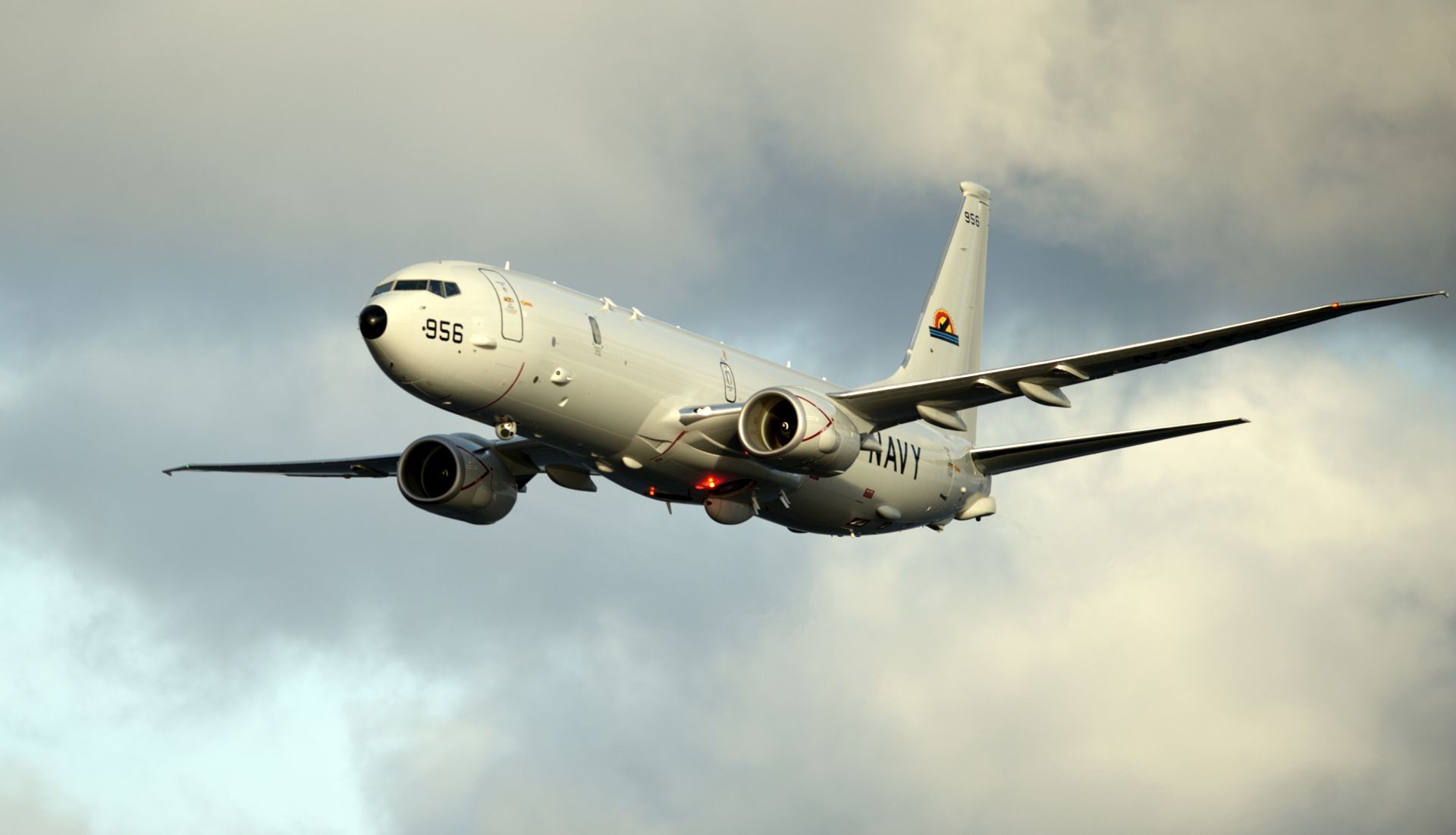The United States has deployed a P-8 Poseidon spy plane in Singapore for the first time ever, both countries said, amid simmering regional tensions over Beijing’s island-building in the disputed South China Sea.
China is locked in a territorial dispute with four Southeast Asian countries — including Washington allies Vietnam and the Philippines — and the US in October sent a warship near the disputed Spratly Islands chain, arguing for its right to freedom of navigation.
Singapore and Washington stressed the need for a strong US military presence in the region, where the plane was deployed Monday and will remain until December 14.
US Defense Secretary Ashton Carter and his Singapore counterpart Ng Eng Hen “welcomed the inaugural deployment of the P-8 Poseidon aircraft”, in a joint statement issued after a meeting in Washington on Monday.
The plane’s deployment “would promote greater inter-operability with regional militaries through participation in bilateral and multilateral exercises”, the statement said.
The deployment would also support disaster relief and maritime security efforts, it added.
A separate statement from Singapore’s defence ministry said both ministers “reaffirmed the importance of a strong US presence in the Asia-Pacific in ensuring regional peace and stability”.
Regional diplomats said the deployment of the sophisticated spy plane is likely aimed at sending a message to China about Washington’s resolve to oppose what they describe as Beijing’s aggressive moves in the South China Sea, including its building of artificial islands in the disputed waters, through which much of the world’s trade passes.
“The unstated message of course is that this deployment is aimed at China,” a Southeast Asian diplomat said on condition of anonymity.
“And the message is that the US is here to stay, ready to support its friends and allies in the region,” the diplomat told AFP.
The P-8 aircraft is a modified Boeing 737 jet equipped with advanced sensors and radar designed to gather intelligence and hunt down submarines.
A CNN crew aboard a P-8 Poseidon aircraft that flew from the Philippines over the artificial islands in May said they received repeated warnings from the Chinese navy to leave the area.
China claims almost all of the sea, including waters close to the shores of smaller Southeast Asian states.
Brunei, Malaysia and Taiwan are the other claimants, but the Philippines and Vietnam are the most vocal against China’s blanket claims.
Singapore is not a claimant, but officials in the city-state say it has an interest in the freedom of navigation because of its open, trade-dependent economy.










